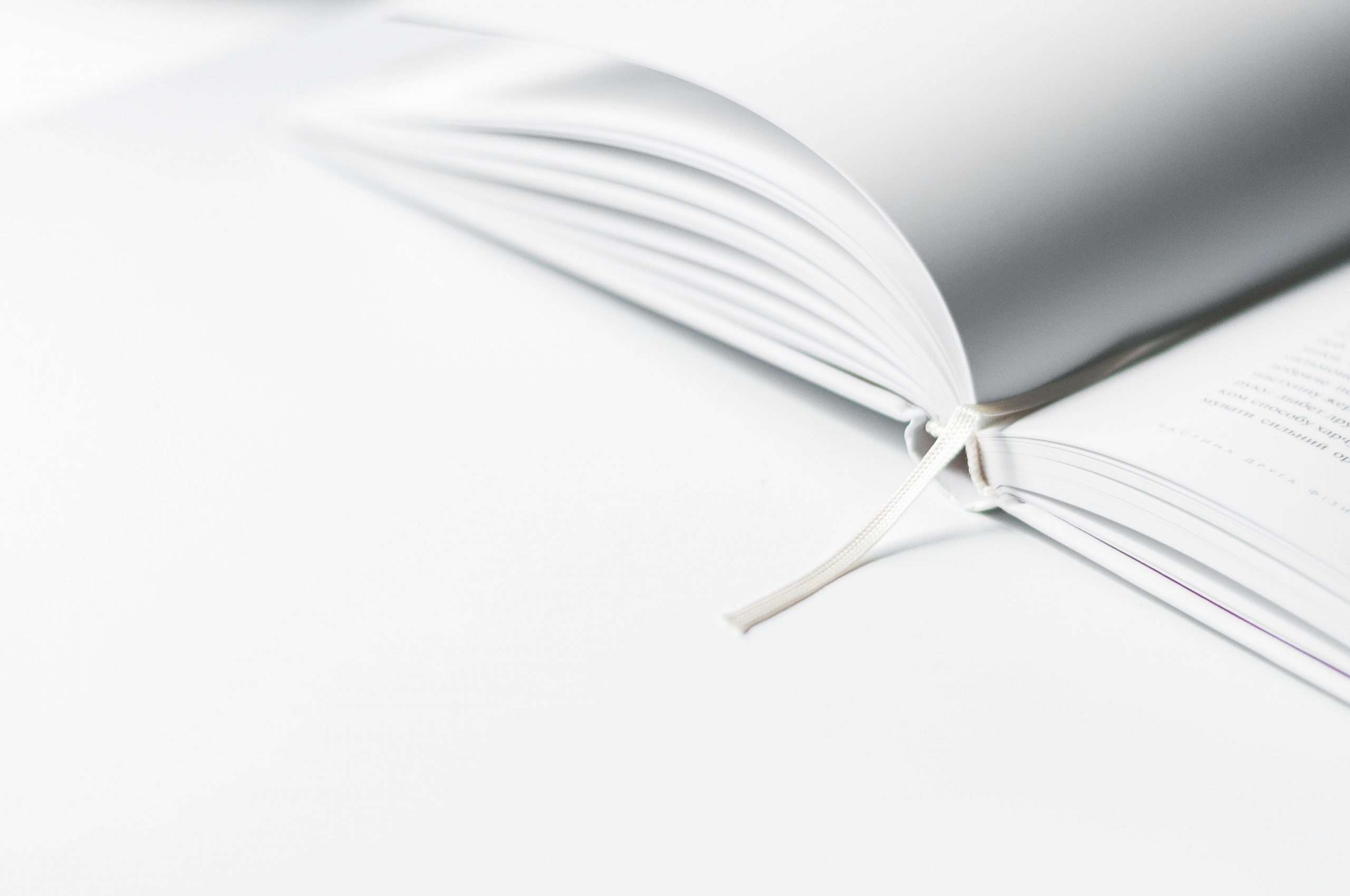Reading can be a form of procrastination.
Hear me out.
Reading is easy. It’s a passive activity that can be done almost anywhere without much effort.
“Of course there effort involved,” you might say. “Assimilating the information on the page and running it through our thought process is a constant undertaking.”
I don’t deny that. But what I’m here to argue is that we rarely engage so actively with the ideas we’re consuming.
“OK, but procrastination from what?” Thank you for asking.
From the real work. That of thinking. Or implementing into our life (when applicable) what we learn. Taking a moment to consider each idea, its implications and its connection to other ideas is what differentiates a mere consumer of information from someone who actively engages with it.
2 Disclaimers
1. There’s different reasons why people read and this article will tackle only 1 of them: the pursuit of knowledge. This mainly applies to non-fiction books, which are discussing one topic in detail and are meant to be digested slowly, and that require additional work to grasp fully.
If you’re reading for entertainment or relaxation, the following ideas will not be relevant. There’s great value in doing things for their own sake. Enjoying a good (or bad – no judgement!) book purely for pleasure is perfectly fine.
2. I recognize that there might be super-humans among us, who process information unbelievably fast and are able to parse difficult topics without much effort. This article is for the mere mortals who don’t possess such exceptional skills.
A bit of context
How many books are published each year? It’s hard to pin down a specific number, but we’re looking at a minimum of five hundred thousand, more likely one million, without taking into account self-publishing, audio-books or eBooks. The number is dizzyingly high.
In terms of time allocated to reading, it’s estimated the average time is 16 minutes. (It varies according to age and other factors.) That’s embarrassingly low.
What can these two statistics tell us? Probably the most important thing is that we will never be able to keep up with everything that’s available to consume. I’ll come back to this later.
Our obsession with ‘more’ and ‘next’
We’ve become addicted to cramming tremendous amounts of information, devouring book after book in an attempt to accumulate as much information as possible. Always more, never (or rarely) deeper.
It’s common to encounter people who give the impression of being well-read, but when it comes to having a conversation on any of the books, it’s not unusual to discover that a surface-level understanding of the facts is all you can hope to get.
This trend can be traced back, in part, to the people we look up to, who devour impressive number of books, on a wide variety of topics and instill in us the desire to be like them (some of us, at least.) I know because I was one of them.

Where we are
We pride ourselves in going through dozens of books a year. We measure our productivity and knowledge acquired in pages read and volume of information absorbed. It’s an understandable thought process. Flawed, but it sort of makes sense. It’s a quantifiable data point. No ambiguity about it. Because we like certainty, and palpable results, it’s no wonder we place such a high value on a number. Unfortunately, all the greatest books don’t mean much, if the reading process is a passive act, done for checking another “must read” off your list.
I used to be a victim of this mentality. My intellect was measured by the number of books I finished in a set period of time. The more, the better. I usually aimed for at least four per month. A feeling of disappointment would creep in whenever that goal wasn’t met. I was a compulsive reader. (Again, it must be stated, I am referring to non-fiction.)
Until, one day, it dawned on me. I was trying to bring to mind a few ideas from a book that deeply fascinated me. I realized what was left were bits and pieces. Nothing of substance.
It wasn’t until later, when I learned about an intriguing concept, called Goodhart’s Law, that I put the puzzle pieces together. It attests that when a measure becomes the target, it ceases to be a good measure. My approach was faulty from the beginning. When the quantity of books is the measure aimed at, it defeats the whole purpose, because it can offer no accurate indication of the overall comprehension of the material. Compulsive reading leads to shallow understanding.
It takes some authors years of their lives to synthesize their thinking in a book, but we’re expected to be able to grasp all the knowledge packed inside it in a couple of weeks.

Flawed assumptions
1. Reading is enough for assimilating information. Our brains are not sponges that just soak up ideas. If the information we consume isn’t translated into a medium that we can engage with and manipulate, (such as writing, speaking or even sketching) those ideas will not reliably ingrain into our mind.
2. Reading more will expand your knowledge. Consuming more information won’t make you smarter. (Perhaps only up to a point.) Thinking deeply about the ideas and even applying them to your personal and professional life (when applicable) will help with that.
3. Remembering equals knowing. Don’t mistake remembering for understanding. When we’re reading something that looks familiar, perhaps because we’ve come across that same idea in another place, we’re falsely led to believe that we recognized the piece of information because we knew it, whereas it’s more likely that we actually just remembered it and we couldn’t access it otherwise. Think of a popular song from the early 2000s. You probably don’t know the lyrics by heart, but if you hear the first few notes, the words may start coming back.
Implications of reading too much
1. Information overload. Need I say more? Not only are we bombarded with information constantly, we’re even willingly inviting it into our lives.
2. The glorification of speed reading: there’s no shortage of techniques and tools to help you move at great speeds through the text you’re dealing with. While it may have its advantages if used sparingly, it shouldn’t be the “default” mode, or something to aspire to.
Counterpoints
While I wholeheartedly stand by my points above, I recognize nevertheless there can be advantages to going through a large number of books. Below are a few that came to mind.
1. Honing your book-picking skills: the more you read, the more you develop your ability to pick out the relevant books because they’re the ones that keep appearing in references or are recommended in a certain field.
2. General knowledge: reading broadly can equip us with an overview of the facts, from which you can extract the most important points. Or for less scientific subjects, you’ll be exposed to a extensive range of opinions.
3. You develop better writing skills: reading is one of the best ways to cultivate your vocabulary and improving your writing abilities.
How to go from reader to thinker
With that being said, let’s explore some of the ways I’ve found that can help us move from passive-readers to engaged-thinkers.
1. Understanding that reading is not a race: read slowly and let your brain digest ideas in its own time. It might take hours or it might take days.
2. Highlight and save relevant quotes. This practice is a passive one and can be downright useless if employed on its own. It’s best to pair it with taking notes. There’s no point in highlighting tens of passages that you’re not going to revisit ever again. If you’re serious about building a strong foundation of your knowledge, set up a system to review the ideas you that stood out to you.
3. Take notes while you read: summarize the author’s points using your own words. Expand on the highlight you just made to clarify for your future self why you found that idea particularly relevant.
4. Don’t move on to the next paragraph/idea without making sure you understood what it was conveyed in the last one. How do you know you are ready to move on? Close the book and summarize the core idea in your own language, either in writing or in your own head; if you can’t do it, you probably haven’t grasped the concept well enough. Get back to it.
5. Connect ideas: our intellectual capacity increases rapidly with the number of connections we can make between seemingly disparate concepts. Our true potential rests on the number of associations we create, like a latticework of ideas.
6. Ask questions: is there anything that peaked your interest and you’d like to know more about? Anything that wasn’t clear? Note all the ideas that you’d like to dive deeper into, or areas that need more clarification, which leads me into the next point.
7. Be honest about where you are. Recognize your knowledge gaps and be open to yourself about what you don’t yet understand (which is probably a lot). It’s okay to pick up books “above our pay grade”, the ones that perhaps we’re not prepared for yet. But always assess honestly where you stand and what’s missing from your understanding.
8. Revisit your notes: make a habit of returning to your notes every now and then. This practice, known as spaced repetition, is a powerful technique that can help you consolidate your knowledge. Readwise is a tool created to help you with that.
10. Re-read the good books. Those are the foundational ones, that stood the test of time and that keep being relevant in the face of novelty. You can’t go wrong with classics.
11. Don’t be afraid to abandon books that don’t serve their purpose. If you started reading something with a specific goal in mind and find you’re nowhere closer to it after the first few chapters, consider leaving the book unfinished. It won’t have any hard feelings towards you, I promise. There are no awards given for finishing irrelevant books.
Final thoughts
There’s a direct correlation between how long you spend digesting a book and how much you get out of it. We’ll run the risk of looking back on our remarkable reading list and realizing we can’t remember more than a few trivial ideas from each book.
Ultimately, it’s about what you’re trying to get out of it. Is it to have an impressive list of books in your Goodreads “Read” section, or do you value the ability to make connections between ideas, sustain conversations that go beyond the surface-level facts and have a better understanding of the world? If it’s the latter, then choose the books you read wisely. But that’s just the first step.
The next is the tricky one. Your approach will determine the outcome. If you’re diligent about your pursuit of knowledge, you have to do the work. The are no shortcuts. “The work” involves the practices outlined above. Taking notes. Thinking ideas through. Revisiting quotes and observations. Putting those ideas in writing to see how well you comprehend them.
Arthur Schopenhauer says it best
I’ll leave you with a quote from Schopenhauer who put it better than I ever could.
When we read, another person thinks for us: we merely repeat his mental process. In learning to write, the pupil goes over with his pen what the teacher outlined in pencil: so in reading, the greater part of the work of thought is already done for us. This is why it relieves us to take up a book after being occupied with our own thoughts. And in reading, the mind is, in fact, only the playground for another’s thoughts. So it comes about that if anyone spends the whole day in reading, and by way of relaxation devotes the intervals to some thoughtless pastime, he gradually loses the capacity for thinking. This is the case with many learned persons: they have read themselves stupid.




I just like the helpful information you provide in your articles